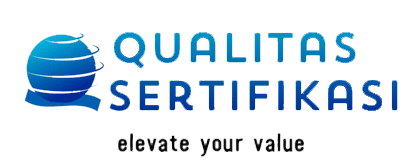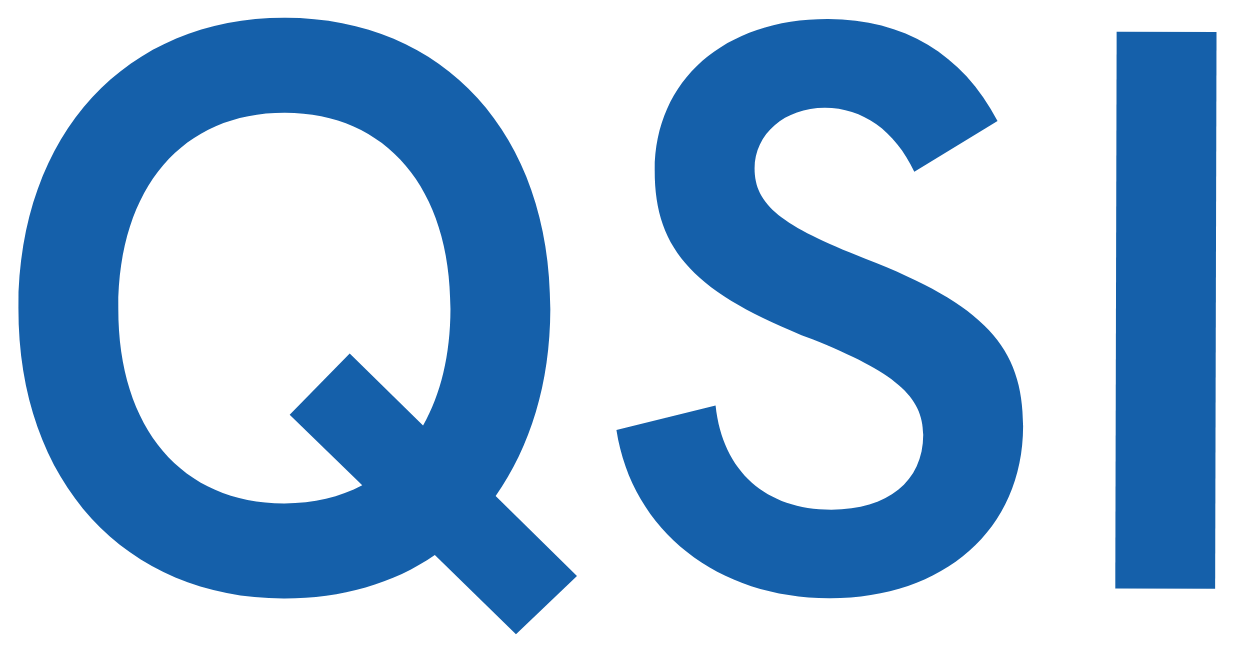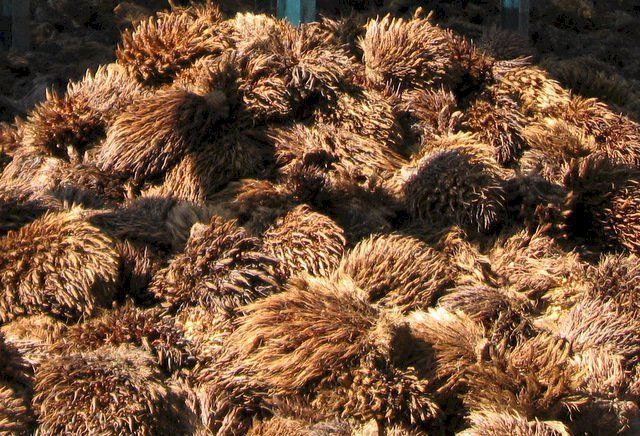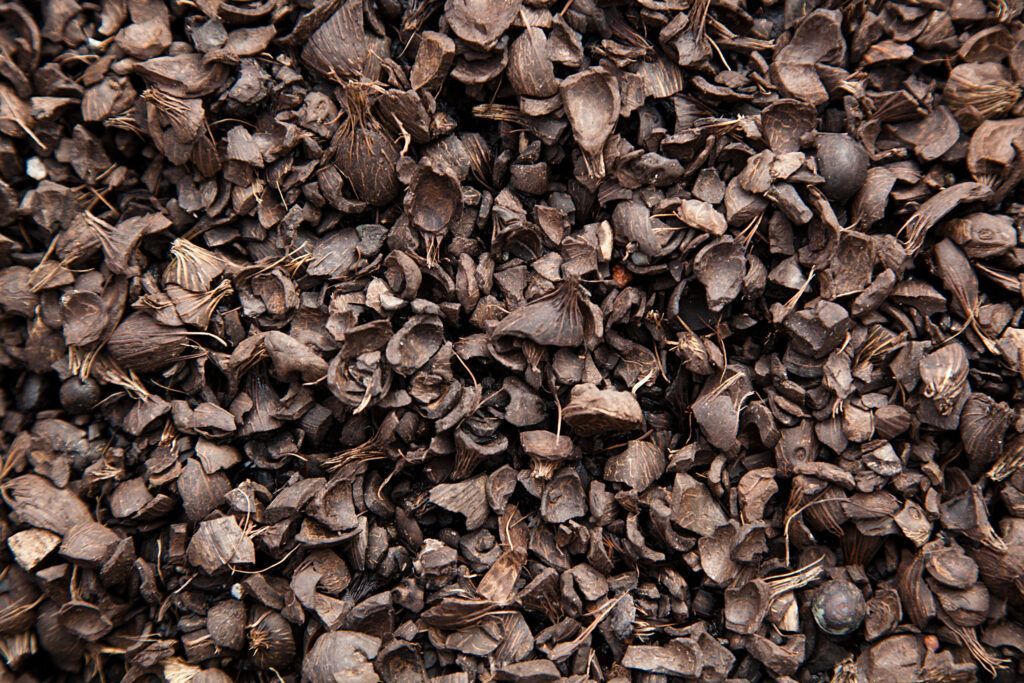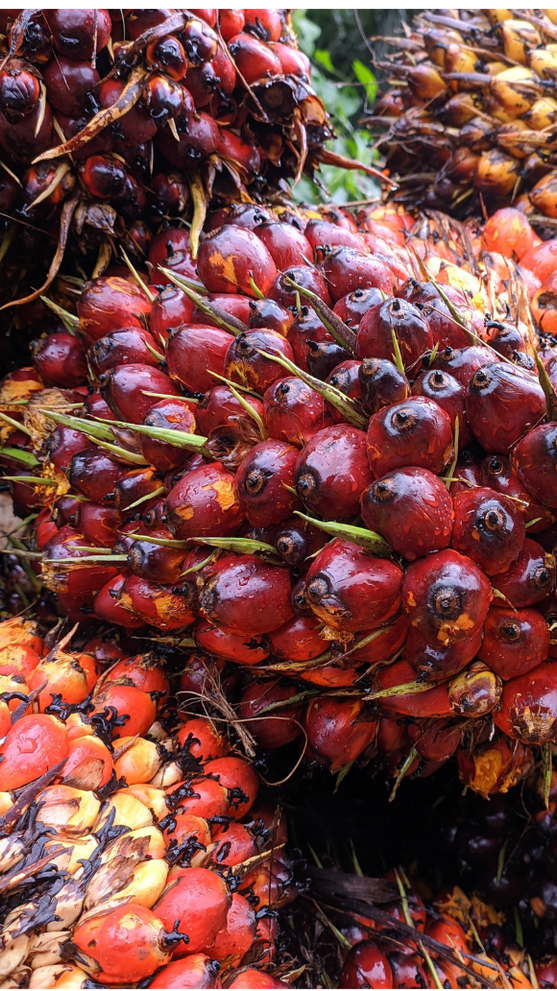ISCC EU
ISCC EU is an international certification system designed to verify compliance with the sustainability and greenhouse gas (GHG) emission savings criteria set forth by the European Union's Renewable Energy Directive (RED II).
ISCC EU
ISCC EU is an international certification system designed to verify compliance with the sustainability and greenhouse gas (GHG) emission savings criteria set forth by the European Union's Renewable Energy Directive (RED II).
Materials Covered
All types of agricultural and forest biomass, biogenic waste and residues,
non-biological renewables, and recycled carbon-based materials.
Scope of Application
Sustainable fuels used for transport, electricity, heating and cooling and the production of electricity, heating and cooling from biomass in the European Union.
Covering biofuels, bioliquids, biomass fuels, advanced fuels, low ilUC risk fuels, RFNBOs*, and recycled carbon fuels*.
*Recognition pending
Acceptance of Other Schemes
All voluntary schemes and national schemes that are formally recognised by the European Commission in the framework of the RED II.
Benefits of ISCC EU
The ISCC EU provides several benefits, particularly for companies involved in biofuels, biomass, and circular economy materials:
Market access
ISCC EU is recognized under RED II, allowing certified companies to legally participate in the European biofuel and renewable energy market
Competitive advantage
Companies with ISCC EU certification gain credibility as sustainable and responsible businesses, attracting more partners and customers
Regulatory compliance
With stricter environmental laws emerging globally, ISCC EU-certified companies stay ahead of regulatory changes
Sustainable sourcing
Ensures that raw materials come from sustainable sources, preventing deforestation, land degradation, and social exploitation
Who is This Certification for?
The ISCC EU is designed for businesses involved in the supply chain of sustainable biofuels, biomass, and circular economy materials. It is particularly relevant for industries that need to comply with the EU Renewable Energy Directive (RED II)
Farmers
& Plantations
Growers of crops like palm oil, soy, sugarcane, rapeseed, corn, and wheat used for biofuels
UCO &
Animal Fat Processors
Businesses collecting and refining UCO or animal fats for biofuel production
Supply Chain Companies
Companies handling the storage and transportation of certified materials
Biofuel & Biogas Producers
Producers of biofuels made from sustainable raw materials
Traders
Businesses trading sustainable raw materials or biofuels.
Oil Refineries &
Fuel Distributors
Refineries blending biofuels with fossil fuels to meet sustainability mandates and companies supplying sustainable fuels to the European market
Certification Process 🔍
1. Fill the Application Form
Companies must complete and submit the application form with the necessary details
2. Application Review
The submitted application is reviewed to verify completeness and eligibility.
3. Complete the Audit Payment
Upon approval of the application, the company proceeds with the required audit payment
4. Plan the Audit
The audit schedule is arranged based on mutual agreement between QSI and the client
5. Conduct the Audit
An audit is performed to assess compliance with the relevant standards
6. Certification Decision
Based on the audit results, QSI decides whether to:
- approve, or;
- reject the certification.
If rejected, companies may follow the appeal procedure
7. Certificate Issuance
If approved, the certification is granted, and the certificate is issued.
FAQs
Still got a question?
Apply for ISCC EU
Contact Us
